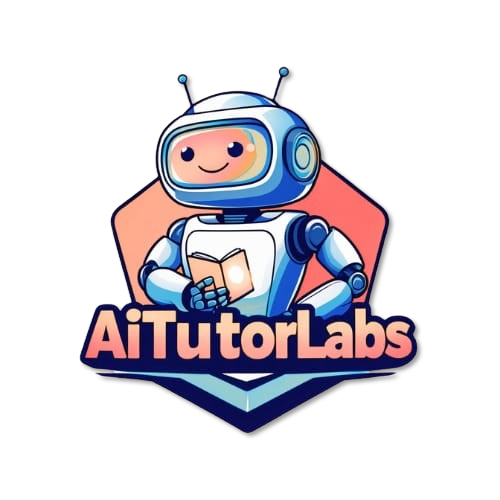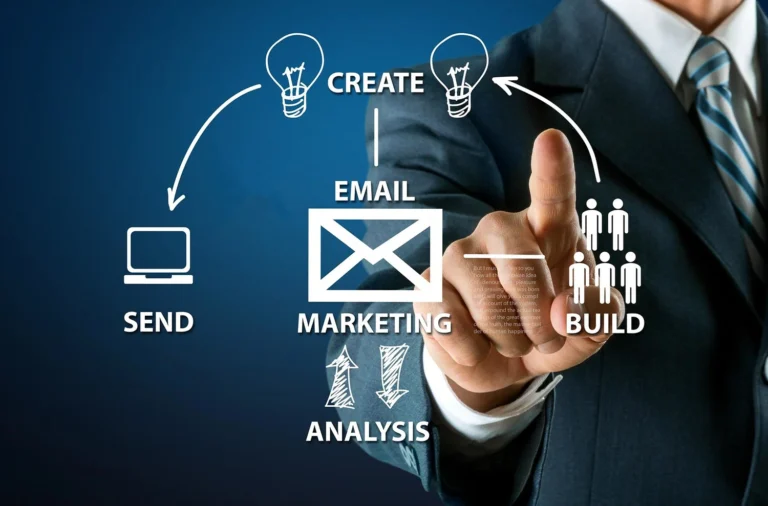Are you a small business owner trying to figure out which AI tools can help grow your brand? You’re in the right place! Whether you run an online store, a service-based business, or a startup, AI marketing tools can help you save time, cut costs, and compete with bigger players.
Artificial Intelligence (AI) is no longer something only large corporations can afford. It’s now accessible to small businesses. From automating social media posts to generating ad copy, designing logos, or analyzing customer behavior, AI tools are reshaping how businesses market themselves.
This article explores the 15 best AI marketing tools for small businesses, explains their uses in detail, highlights why they matter, and answers common questions business owners ask about AI in marketing.
What is AI in Marketing?
AI in marketing refers to the use of artificial intelligence technologies to automate, enhance, and optimize marketing efforts. Some of these technologies include natural language processing, machine learning, and predictive analytic
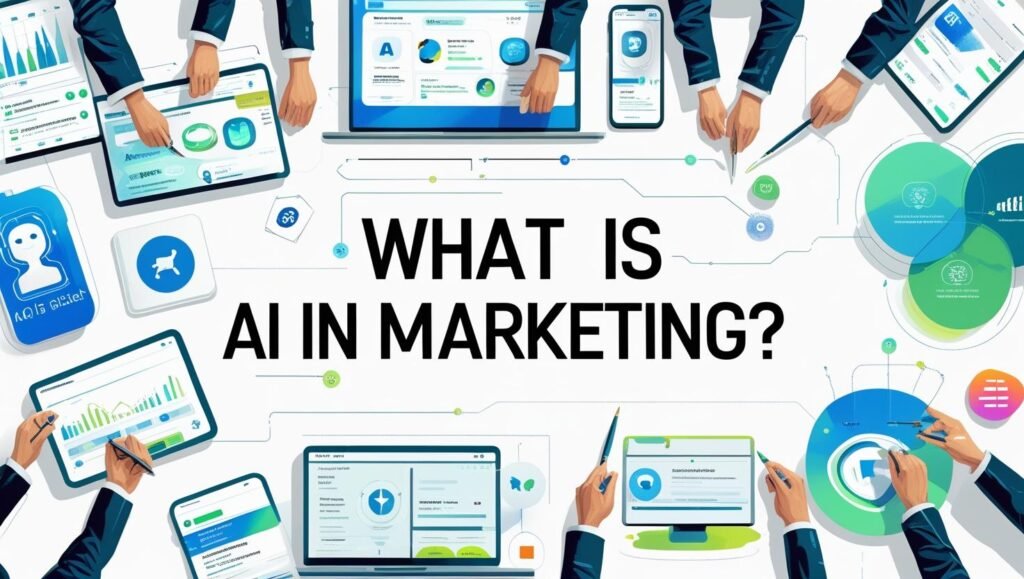
For small businesses, AI makes it possible to achieve professional-grade marketing without needing a big budget or a large team. With the right tools, businesses can automate repetitive tasks, create professional content, personalize customer interactions, and scale their marketing strategies effectively.
15 Best AI Marketing Tools at a Glance
| S. No | AI Tool | Used For | Free Version |
| 1 | ChatGPT | Content creation, customer support, marketing ideas | Yes |
| 2 | Jasper AI | Long-form content, blogs, ad copy | Free Trial |
| 3 | Copy.ai | Social media captions, ads, email copy | Yes (basic) |
| 4 | Grammarly Business | Writing clarity, tone, grammar | Yes |
| 5 | Canva AI | Design, social media posts, branding | Yes (basic) |
| 6 | HubSpot AI | CRM, marketing automation, customer insights | Limited Free |
| 7 | Mailchimp AI | Email marketing, audience segmentation | Yes (basic) |
| 8 | Writesonic | SEO-friendly content, ads, product descriptions | Yes (basic) |
| 9 | Lumen5 | AI video creation for social media | Limited Free |
| 10 | SurferSEO | Content optimization for SEO | Free Trial |
| 11 | Hootsuite OwlyWriter AI | Social media management & captions | Yes (limited) |
| 12 | Pictory AI | AI-generated video highlights | Limited Free |
| 13 | SEMrush AI Toolkit | SEO research, keyword insights | Free Trial |
| 14 | Zapier AI | Workflow automation, integrations | Yes (basic) |
| 15 | Tidio AI Chatbot | Customer support automation | Yes (basic) |
15 Best AI Marketing Tools for Small Businesses
1. ChatGPT
ChatGPT, developed by OpenAI, is one of the most versatile AI tools for small businesses. It helps generate marketing content, customer support responses, product descriptions, and even ad ideas.
Imagine you’re running a small bakery and need to promote your new cake flavor. With ChatGPT, you can instantly create catchy social media posts, email subject lines, and even a blog post about “5 Reasons Why Our Chocolate Lava Cake Will Make Your Day Better.”
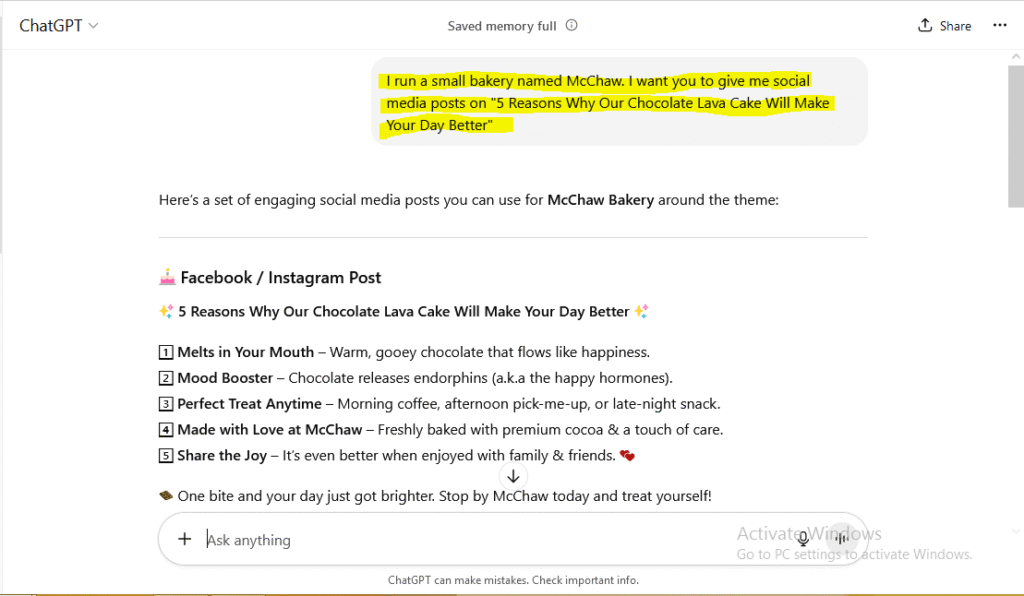
ChatGPT offers a free plan with basic features, while paid plans unlock advanced capabilities like voice, image generation, and custom workflows.
2. Jasper AI
Jasper is designed for marketers who need long-form content like blog posts, landing pages, and ad copy. While mostly paid, it offers a free trial for small businesses to test its capabilities.
For example, if you need a 1,000-word blog on “Best Skincare Tips for Busy Moms,” Jasper can draft it in minutes with a professional tone, saving you hours of work.
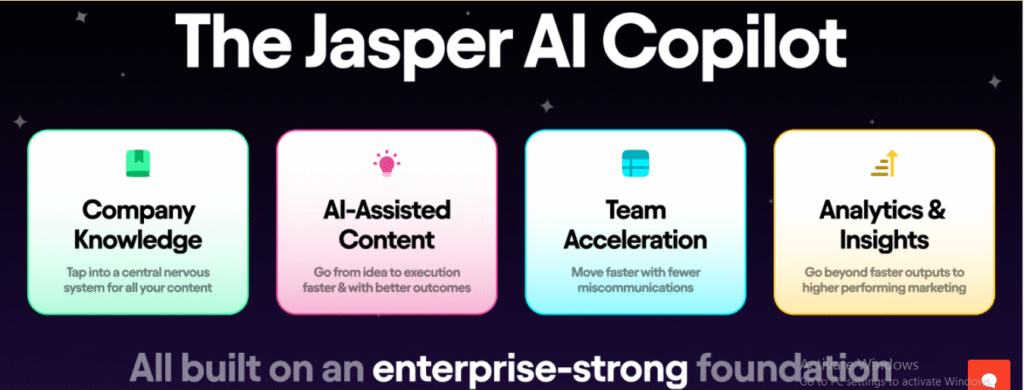
Jasper’s AI writing templates are also great for creating consistent branding messages across multiple platforms.
Jasper offers a free trial plan that lets users explore the platform with limited word credits and features. Its premium plans start at around $39/month, providing full access to AI writing tools, templates, brand voice customization, and higher word limits.
3. Copy.ai
Copy.ai is perfect for small businesses that need quick social media captions, ad headlines, or catchy slogans. The free plan allows limited credits, while the paid plan unlocks unlimited content generation.
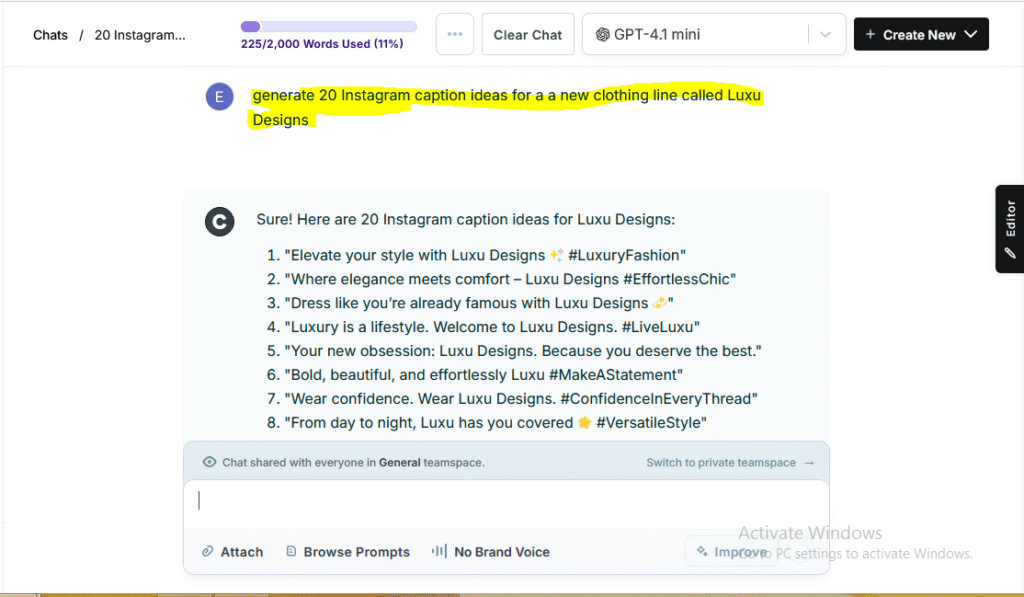
A small clothing brand, for instance, can use Copy.ai to generate 20 Instagram caption ideas for a new fashion collection in seconds.
Copy.ai has a free plan that offers one seat, 2,000 words per month, 200 workflow credits, Brand Voice, Infobase, and access to Chat by Copy.ai. Its Pro (premium) plan starts at about $49/month (or $36/month billed annually) and includes unlimited words, multiple seats, priority support, advanced tools, and access to the latest AI models.
4. Grammarly Business
Good writing is essential for marketing. Grammarly Business uses AI to ensure your copy is professional, error-free, and aligned with your brand’s tone.
For example, if you draft an email campaign that sounds too formal, Grammarly will suggest friendlier alternatives that better match your audience.
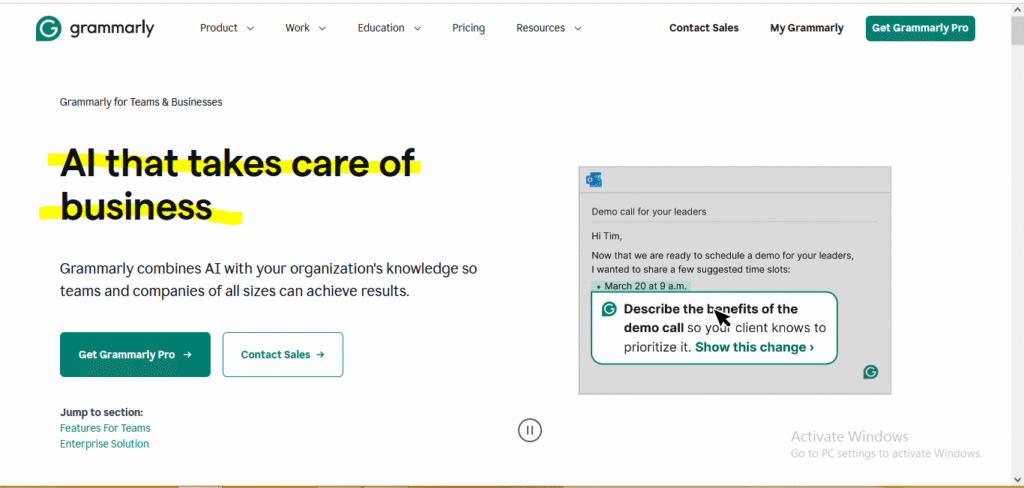
The free plan covers basic grammar, while the business plan offers advanced features like tone detection and team collaboration.
5. Canva AI
Small businesses often can’t afford professional designers. Canva AI is here to make design simple. With Magic Write and AI-powered templates, businesses can design social media posts, flyers, or logos in minutes.
Imagine launching a holiday sale. Canva AI can generate professional graphics that look polished enough to compete with big brands.
I asked Canva AI to design a logo for my new clothing line, Dotted Designs and here are spectacular results it came with.
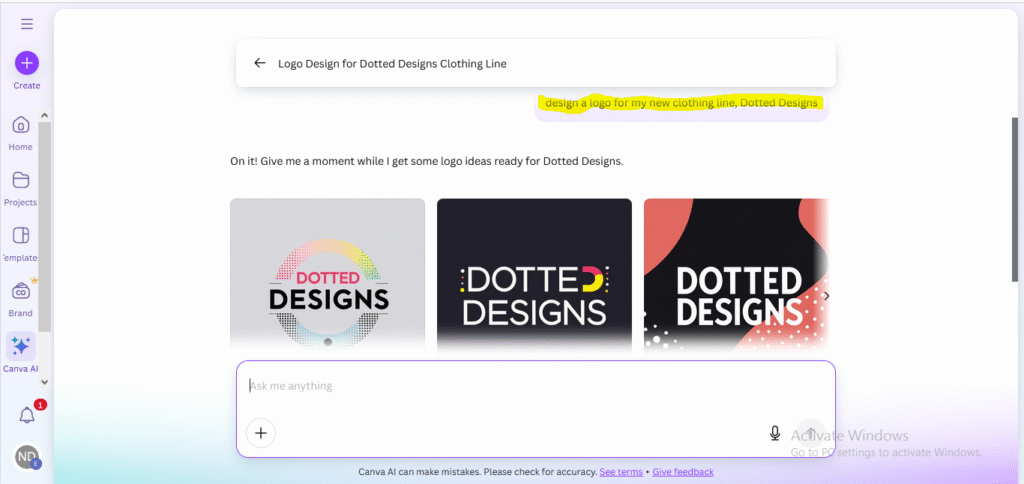
There’s no design Canva AI cannot help you create – just imagine it, feed it as a prompt and you’re good to go.
Canva’s free plan includes basic AI features like Magic Write, Magic Design, and Magic Media, but with strict monthly limits on credits and tool usage. The Pro plan (about $12.99/month) expands these limits significantly and unlocks advanced AI tools such as Magic Eraser, Magic Expand, Magic Switch, and more.
6. HubSpot AI
HubSpot’s AI-powered CRM helps businesses automate emails, manage leads, and gain customer insights. Its free version is great for startups, while the premium plans unlock deeper automation and analytics.
For example, you can set up an AI-driven email sequence that nurtures leads without manual effort.
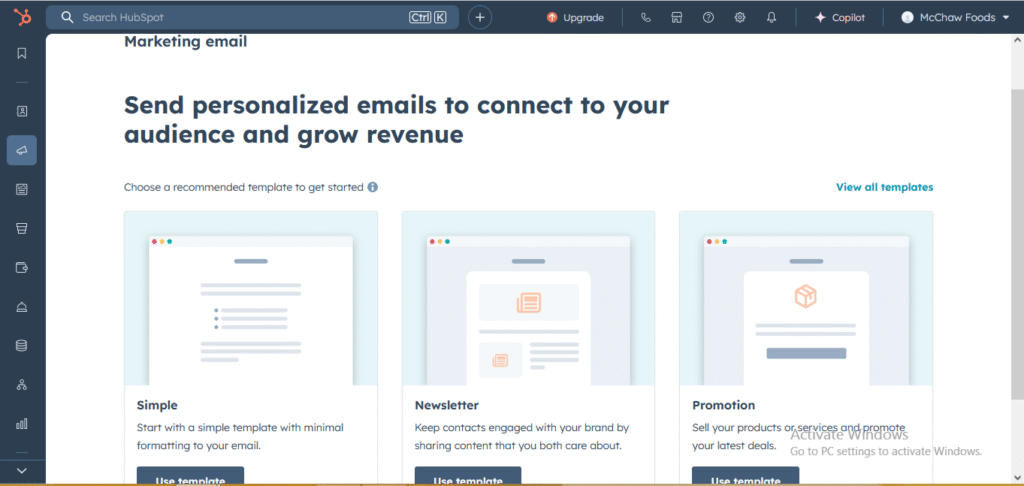
You can use ready-made templates, or create custom email newsletters from scratch.
HubSpot’s free plan offers basic AI features like content assistance, contact enrichment, live chat, and Smart CRM tools, but with limited functionality and branding. Its paid tiers (starting at about $20/month per seat, up to $800–$3,600/month for advanced plans) unlock AI agents, predictive lead scoring, multi-step automation, and larger credit allocations, with extra costs if credit limits are exceeded.
7. Mailchimp AI
Known for email marketing, Mailchimp now includes AI-powered audience segmentation and predictive analytics.
For instance, it can predict which customers are most likely to buy again, allowing small businesses to target them with personalized campaigns.
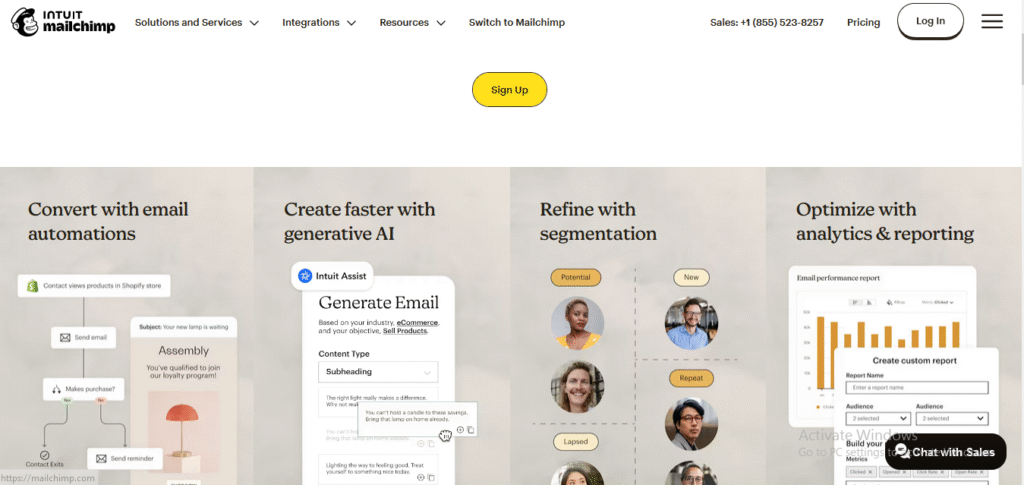
The free plan covers up to 500 contacts, making it perfect for small businesses.
Mailchimp’s free plan provides basic tools like single-step automations, landing pages, forms, and simple reporting, but with limited access to AI-powered features. Its paid plans (Essentials, Standard, and Premium) unlock advanced AI tools such as Intuit Assist for content generation, Creative Assistant, predictive demographics, send-time optimization, dynamic content, and multivariate testing.
8. Writesonic
Writesonic is an SEO-friendly AI writer. It’s great for product descriptions, ad copy, and blogs optimized for Google search.
For example, an online electronics store can use Writesonic to create optimized product descriptions that rank higher in search results.
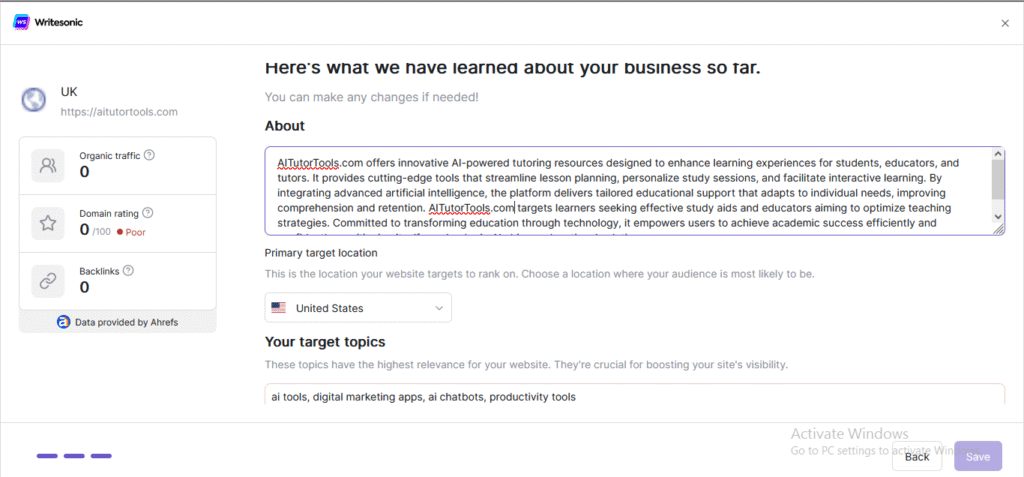
Amazingly, Writesonic can also learn about your business by feeding it with a little information, such as your domain name.
You don’t need to wait another minute to sign up on Writesonic.
Writesonic’s free plan offers limited monthly word credits, access to basic AI writing tools, and a small number of AI image generations. Its premium plans (starting at about $19/month) unlock higher word limits, priority access to advanced AI models like GPT-4, bulk generation, unlimited brand voices, and more AI image credits.
9. Lumen5
Lumen5 turns blog posts or text into engaging marketing videos. Small businesses use it to create quick social media ads without expensive video production.
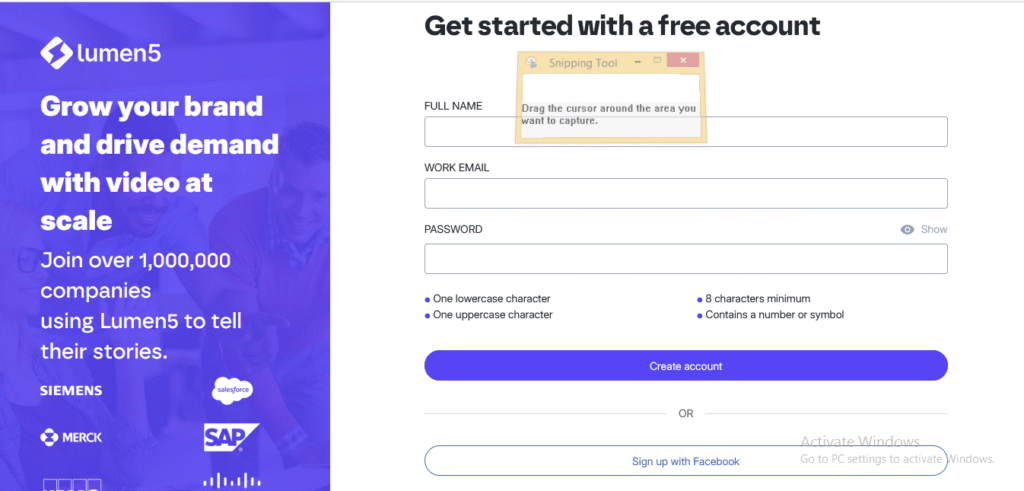
For instance, a fitness coach can transform a blog on “5 Easy Morning Workouts” into a short, shareable video.
Lumen5’s free plan (Community) allows up to five videos per month at 720p resolution but includes a watermark and limited customization. Its paid plans (from about $19–$29/month) remove watermarks, enable 1080p exports, unlock stock media libraries, and provide advanced branding and collaboration tools.
10. SurferSEO
SurferSEO helps businesses optimize content for search engines. It analyzes keywords, competitors, and content structure to improve rankings.
If you’re writing a blog on “Best Coffee in Lagos,” SurferSEO shows you exactly what to include to rank on Google.
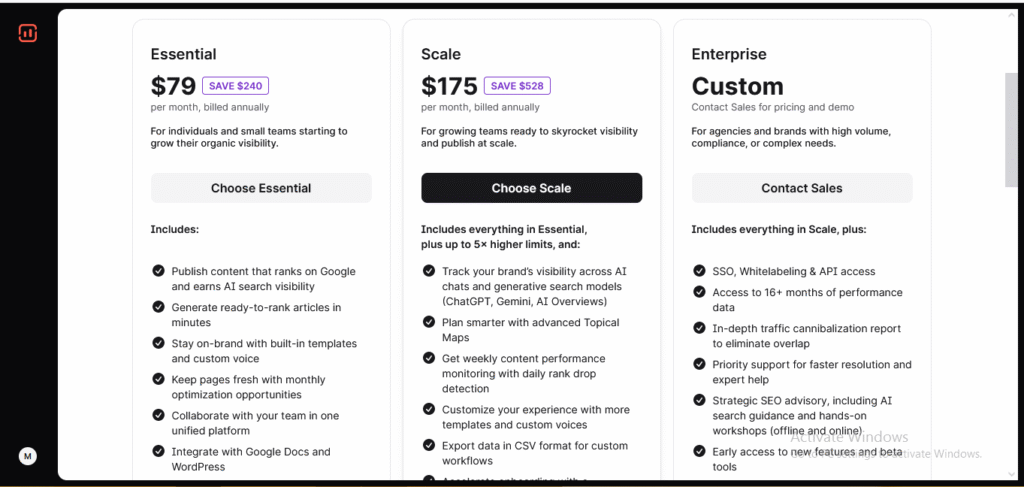
Surfer SEO does not have a permanent free plan, but its Essential plan (about $99/month) includes the Content Editor for up to 30 articles, keyword research, topical maps, and limited AI article generation.
The Scale and Enterprise plans (from $219/month and up) expand these limits with more articles, tracked pages, team seats, white-labeling, and advanced agency features.
11. Hootsuite OwlyWriter AI
Social media can be time-consuming, but Hootsuite’s OwlyWriter AI generates captions, ideas, and even repurposes existing posts.
For example, if you have a blog post about “10 Ways to Save Money,” OwlyWriter can instantly turn it into 5 tweet-sized captions.
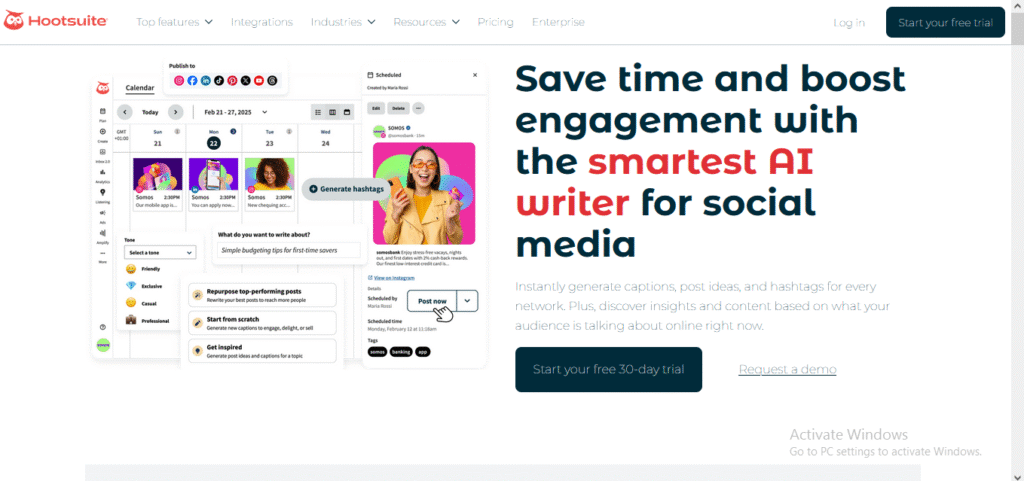
Hootsuite’s OwlyWriter AI is an integrated tool that generates social media captions, content ideas, hashtags, and ad copy directly within the Hootsuite dashboard. It’s only available with Hootsuite’s paid plans (starting around $99/month), though you can try it during a 30-day free trial.
12. Pictory AI
Pictory allows businesses to create short video highlights from long-form content like webinars or podcasts.
Imagine hosting a 1-hour webinar. Pictory can cut it into 10 bite-sized clips perfect for TikTok, Instagram, or YouTube Shorts.
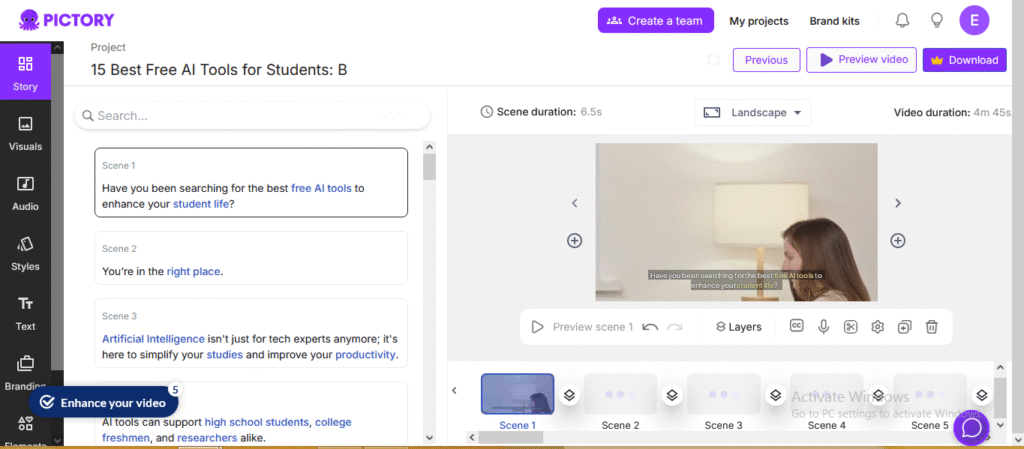
I created a YouTube instructional video from a blog article titled 15 best Free Tools for Students using Pictory AI. It was simply and amazingly easy. All i did was to copy the blog post URL and paste in Pictory AI.
Go ahead and start creating your amazing videos in seconds.
13. SEMrush AI Toolkit
SEMrush is a powerful SEO platform that now integrates AI tools for keyword suggestions, competitor analysis, and content optimization.
For example, it can show a small bakery which keywords like “best cupcakes near me” have high search volume in their area.
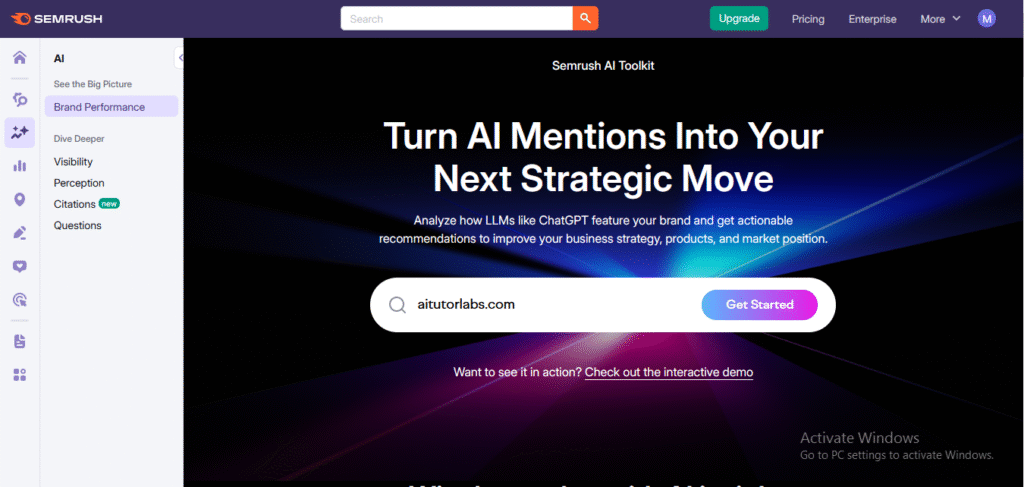
The Semrush AI Toolkit is a premium add-on that tracks how your brand appears across AI platforms like ChatGPT, Google Gemini, and Perplexity, offering visibility scores, sentiment analysis, and competitive insights. It costs $99 per month per domain, with no free tier but a demo report available for preview.
14. Zapier AI
Zapier uses AI to automate workflows between apps. For instance, it can automatically add new Instagram leads to your Mailchimp list or send Slack notifications when someone fills out a form.
This saves small businesses hours of repetitive work.
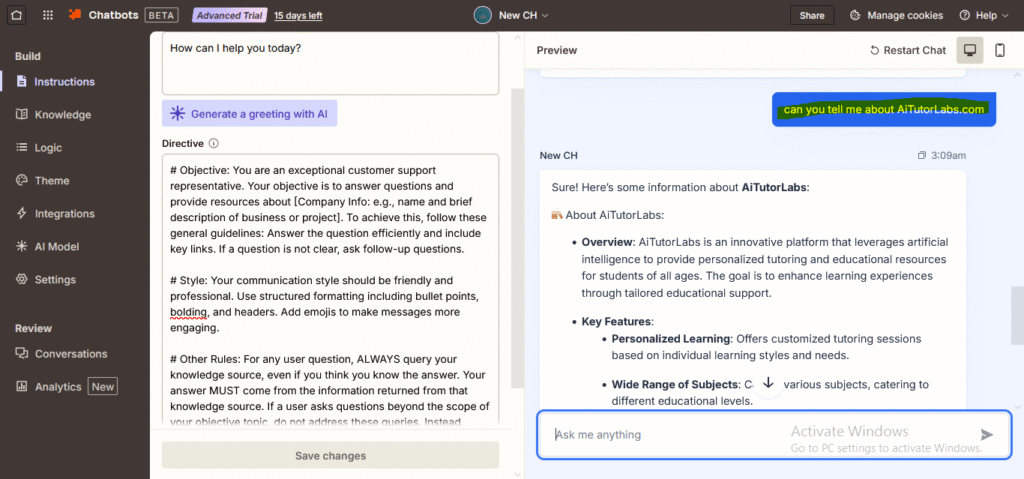
Zapier’s free plan gives you 100 tasks per month, unlimited two-step Zaps, and basic AI features like Copilot and prompt-based Zap building.
Its paid plans (from about $29.99/month) unlock multi-step Zaps, premium app integrations, faster automations, team collaboration, advanced admin tools, and optional AI add-ons like Tables, Interfaces, and Chatbots.
15. Tidio AI Chatbot
Customer service can drain resources, but Tidio AI chatbots handle FAQs, take orders, and even recommend products.

A small online store can set up Tidio to answer “Where is my order?” automatically, saving time and improving customer satisfaction.
Tidio’s free plan offers 50 AI chatbot (Lyro) conversations, 100 chatbot interactions with visitors, and 50 live chat/ticket conversations with basic integrations. Its paid plans (from about $29/month up to enterprise levels) expand AI conversation limits, add advanced analytics, customizable flows, branding options, and dedicated support for larger teams.
Importance of AI Marketing Tools for Small Businesses
AI marketing tools have become essential for small businesses. Here’s why they matter:
- Time-Saving: Automates repetitive tasks like writing emails, designing posts, and responding to FAQs.
- Cost-Effective: Offers professional-grade marketing without hiring large teams.
- Improved Engagement: Personalizes campaigns, making customers feel valued.
- Competitive Edge: Helps small businesses compete with larger companies by improving efficiency.
- Data-Driven Decisions: Tools like HubSpot and SEMrush provide insights that guide smarter business strategies.
Conclusion
This article presented the best AI marketing tools for small businesses.
AI is no longer a luxury—it’s a necessity for growth. Whether it’s creating content, running email campaigns, managing SEO, or improving customer engagement, these tools level the playing field for small businesses. Most come with free versions, meaning even businesses with limited budgets can take advantage.
The key is to choose the right mix of tools, use them consistently, and let AI handle the heavy lifting while you focus on delivering value to your customers.
FAQs
a. Which AI tool is best for small business marketing?
ChatGPT and Canva AI are among the best free tools, offering versatile solutions for content creation and design.
b. Are AI marketing tools expensive?
No. Many tools like Mailchimp, Canva, and Copy.ai offer free plans suitable for small businesses.
c. Can AI replace human marketers?
Not entirely. AI enhances productivity but human creativity, strategy, and emotional intelligence are still essential.
d. Which AI tool is best for social media marketing?
Hootsuite OwlyWriter AI, Canva AI, and Lumen5 are excellent choices for social media marketing.
e. Is AI marketing worth it for small businesses?
Yes! AI saves time, reduces costs, improves engagement, and helps businesses grow faster.
